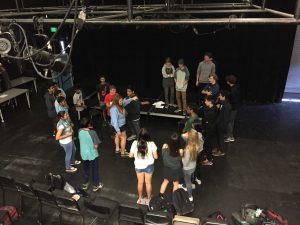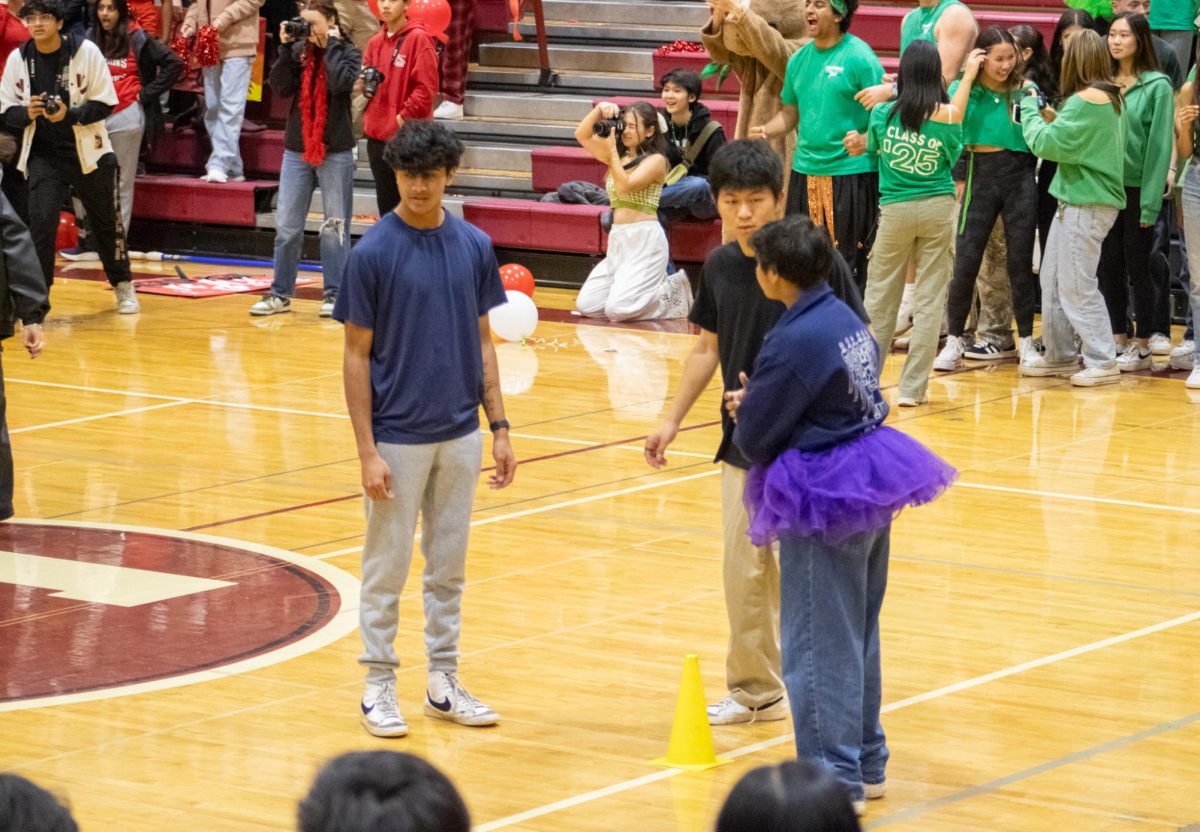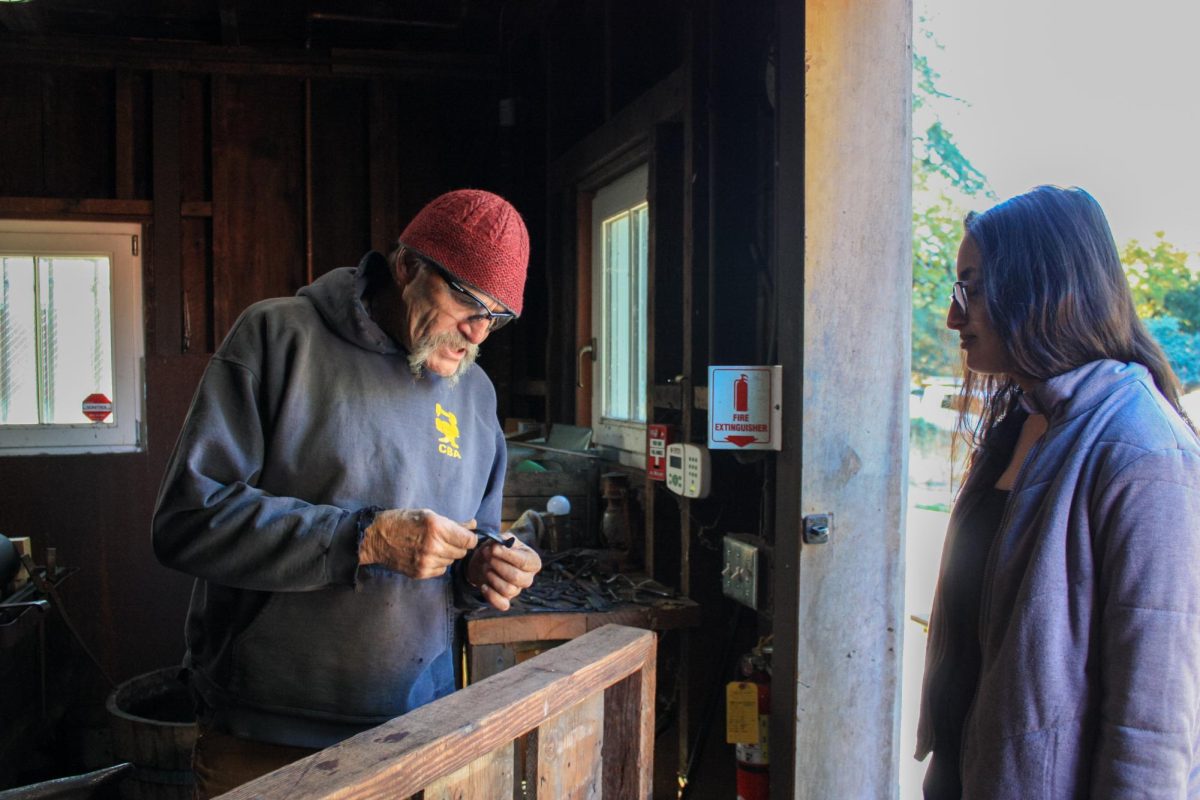We’ve all been there. Getting called on by a teacher and constructing an answer on the spot. We forget to write a note card for the conclusion of a presentation and wing it in front of the whole class. When push comes to shove, we improvise.
While junior Elika Hashemi generally thinks herself to be pretty prepared and doesn’t find herself improvising for academics, the lessons she’s learned as an officer of Improv Club have changed how she interacts with others. For one, she feels she’s gained confidence through improv.

“When you’re doing improv and you’re in front of the whole black box crowd, who are a tough crowd to please I’m not gonna lie, throwing ideas out there is sometimes scary,” Hashemi said. “But if you do it and you get positive responses and reinforcement, that definitely boosts your confidence in presenting ideas in normal life.”
Hashemi has also found herself being more relaxed because of improv in general. Improv is such a collection of eccentric interactions that it’s changed how she approaches things.
“It’s definitely made me more goofy, because in improv we do random things and totally wild, and that’s kind of slipped through the cracks and bled outside the lines into my everyday life as well,” she said.


The “Wednesday black box crowd,” as described by Hashemi. Improv games, such as “I am Tree,” (right), are often followed by a debrief with the team of what went well and what could be improved (left). Photos by ZaZu Lippert.
Part of Hashemi’s job as an Improv Club officer is teaching more improvisational games. The idea of teaching improv seems contradictory, but as Hashemi explains, it’s largely rooted in experience and practice. As people become more exposed to games like “Two Minute Expert,” for example, where a hilarious subject is picked and each member of the team tries to pretend to know a lot about it and be the last one standing after two minutes, they will become more comfortable with jumping in.
“The more you do improv and the more you interact with improv, the more you can see ‘Ok, this is what makes a scene good, this is what’s funny and this is what I need to then implement in my own improv,’” Hashemi said.
The idea of teaching improv can seem counter-intuitive. As Improv co-captain senior Ben Pribe says, gaining the confidence to join in with the rest of the group can be a different process for everyone, which plays into how he approaches teaching others.

“It’s a pretty personal thing, so you kind of have to coach people into making those personal breakthroughs that’ll help them be good at improv, like letting go of thinking about stuff beforehand,” Pribe said.
Drama teacher and Improv Club advisor Sara Capule starts with teaching improv as one of the first units in Beginning Drama partly due to the confidence aspect Hashemi mentioned.
“It helps build people’s confidence to make really bold choices when they apply what they learned through improv to an actual script,” Capule said.
Senior co-captain Ben Pribe acts out President William Howard Taft in an improv game called “Crystal Ball,” hoping to get senior co-captain Olivia Lassa, right, to guess who he is portraying.
Capule says it also helps with building a community where people feel more comfortable with each other, something which she deems essential to a successful drama class. For students to feel ready to interact with each other on a theatre level, they need to be comfortable not only with themselves and their own acting choices but also with others.
“They build their confidence through this unit and then it’s a great way to build a community and it often incorporates laughing and funny moments,” Capule said. “I think all of those things make it a really good thing to introduce students to theatre in general.”
Despite the different roles that improv plays in Hashemi, Pribe and Capule’s lives, they all agree that it can be applied anywhere. It helps them think on their feet and be more prepared for anything that comes in their way.























